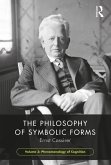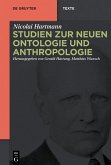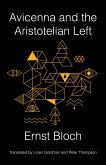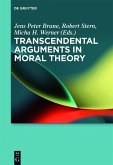In doing so, Widmer breaks with two mistaken assumptions. First, Widmer demonstrates that the left-Hegelian and Marxist traditions were not the only significant philosophical sources of socialist critique in nineteenth-century Germany, as the left-Kantians identified problems of normativity that the left-Hegelians could not adequately address.
Second, Widmer challenges the prevailing assumption that the political philosophies developed in the Marburg School can be comprehensively characterized as a unified school of "ethical socialism." By showing that they varied fundamentally regarding their political views and their philosophical foundations of socialism, Widmer fills a gap in the studies of neo-Kantianism that is long overdue.
Dieser Download kann aus rechtlichen Gründen nur mit Rechnungsadresse in A, B, BG, CY, CZ, D, DK, EW, E, FIN, F, GR, HR, H, IRL, I, LT, L, LR, M, NL, PL, P, R, S, SLO, SK ausgeliefert werden.









